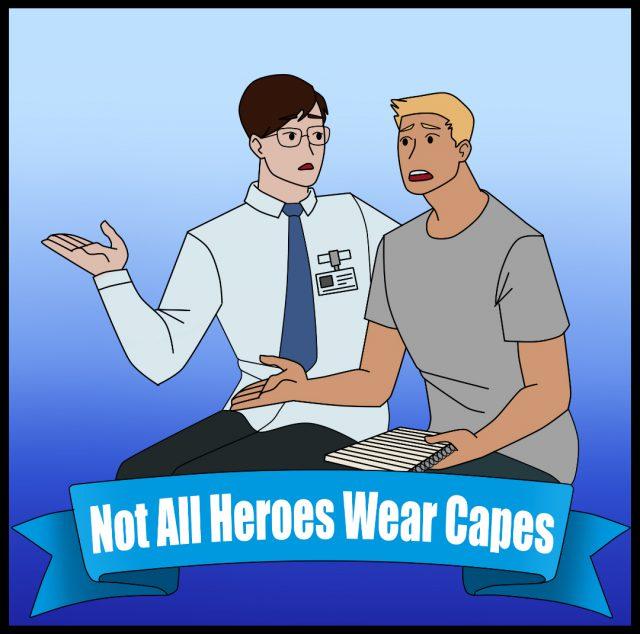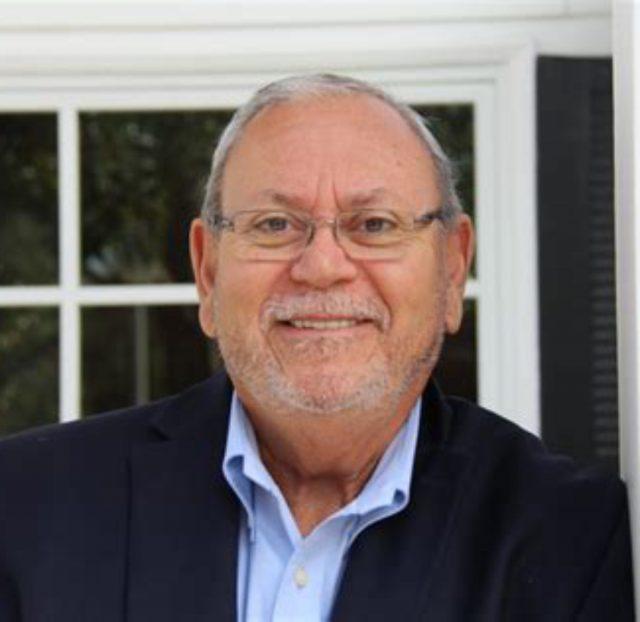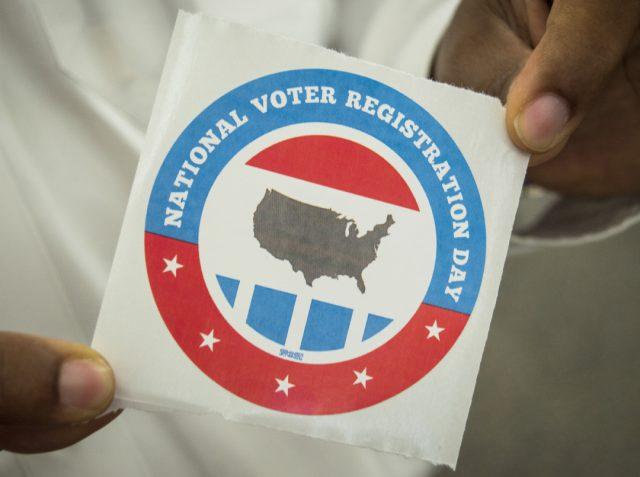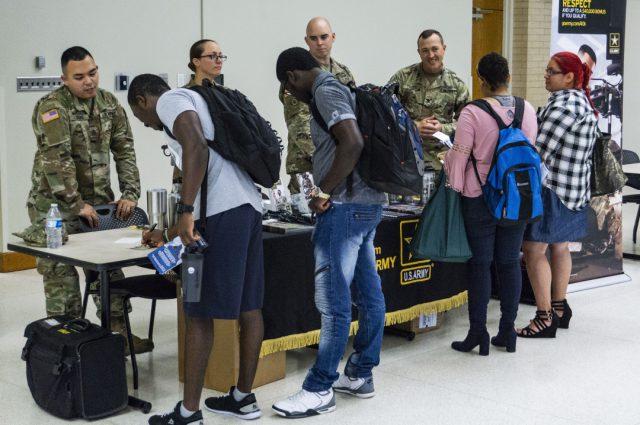What makes a person a hero?
Committing selfless deeds, being an activist for what a person believes in, and being a strong leader to improve lives could qualify as a the making of a hero.
Government officials to professional athletes to citizens putting their lives on the line to stop crime fit the hero mold. But what about the heroes in education whose deeds go unsung in classrooms and college campuses across the globe?
Counselors, advisers, professors, teachers and instructors are usually underpaid, overworked and undervalued even though they help shape the future of this country one class at a time.
The life of a community college faculty or staff member can be pretty rough at times. Dealing with a stressful commute, students trying to find their identity, unnecessary meetings and personal lives can be quite the feat. But they still find some way to rise to the challenge every week.
Counselors and advisers probe students about their interests to craft an educational plan so they can achieve academic success. Counselors meet five or more students daily without breaks in between, becoming permanent fixtures behind a desk.
And these professors and instructors do it all while keeping a smile on their faces. The excuses from unprepared students while making sure curriculum is useful and current is an adventure in itself.
As keepers of morale on college campuses, student activities play a big part in getting students involved and engaged with campus life.
From hosting events that deal with the diversity on campus to offering stress relief during midterms and finals, all to make students worry a little less.
Health services educate students about valuing their health. They also stage events for students who can find out about potential health issues and what they can do to to deal with them correctly.
For the people who served the country and then made the transition to higher education, veteran services goes above and beyond the call of duty to make sure these students have up-to-date information by hosting workshops where veterans can network and build support systems with like-minded individuals.
Tutorial centers around campus help students gain understanding in a difficult subject.
So how can the efforts of faculty and staff keep things flowing throughout campus be rewarded?
How can students show their appreciation for the work they do?
The easy answer is to increase salaries for faculty and staff, but how about increased budgets and more resources so they can affect more lives through their work?
Decision-makers can also listen to faculty and staff during meetings about their concerns to better their respective programs’ needs and not treat them like they’re expendable.
Students can be prepared and attentive when they come to class. They can stay off their phones and communicate with their professors to show they’re engaged with the content provided.
The next time you see a faculty or a staff member you may interact with on a daily basis, tell them thank you and that you appreciate what they do because they’re the heroes in students’ everyday lives.


































